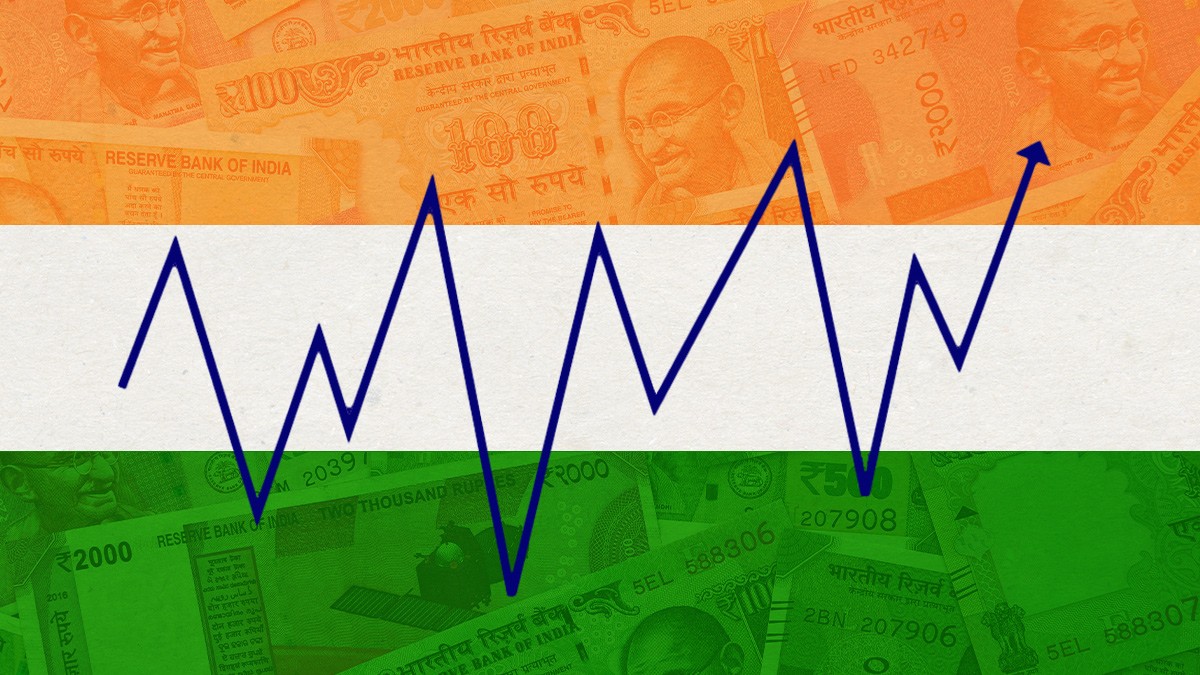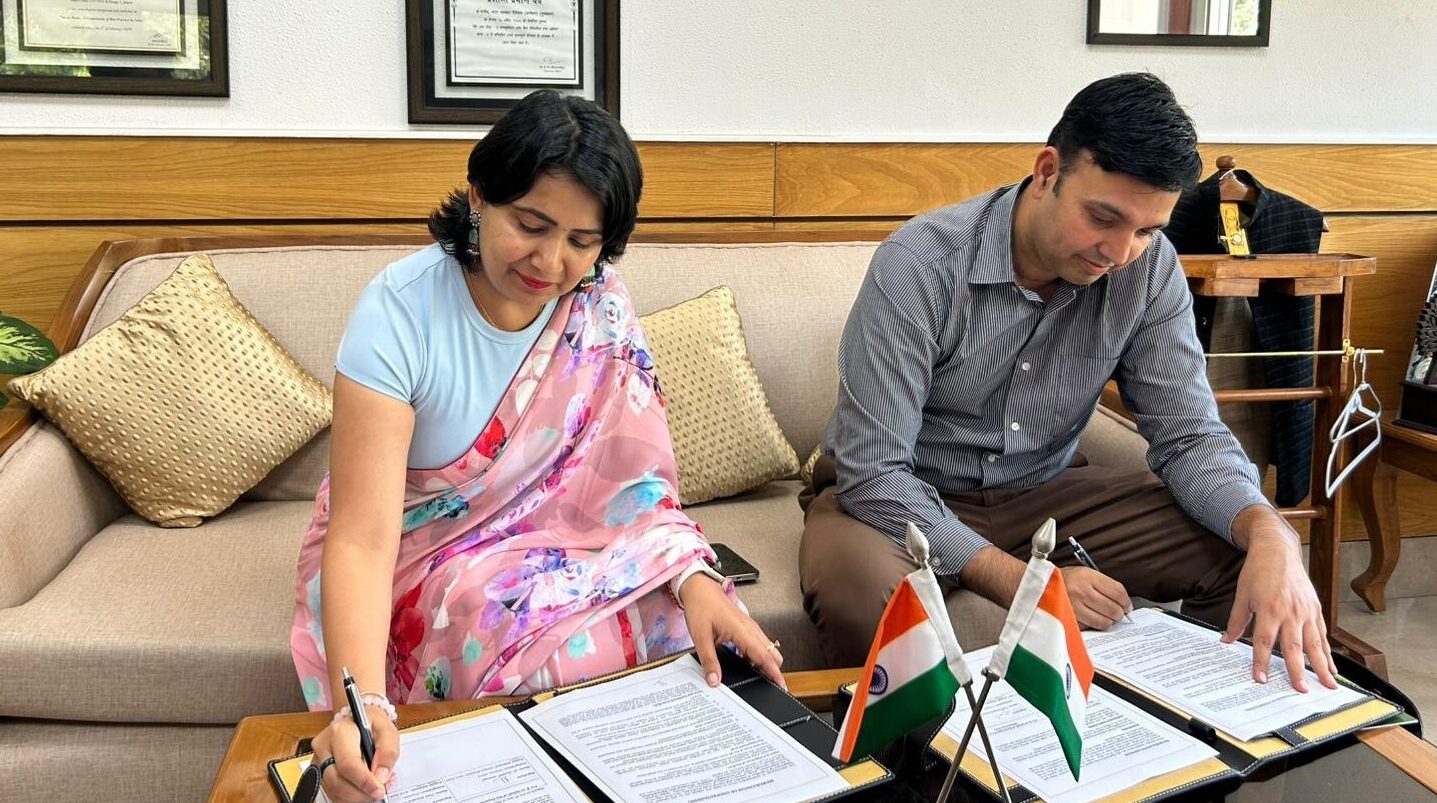More than 63 million MSMEs in India, contributing nearly 30% of GDP and around 45% of exports, are increasingly targeting expansion into Middle East markets like the UAE, Saudi Arabia, Qatar and Bahrain. This region offers growing demand, trade corridors, and strategic ties for Indian entrepreneurs across sectors.
Why Middle East Markets Are Now a Focus
The Gulf Cooperation Council (GCC) region imports heavily from India, especially textiles, spices, engineering goods and food items. With payment remittances and diaspora-driven networks, there’s built-in familiarity and trust. Indian SMEs have the cost structure, product quality, and cultural affinity to serve these markets well.
Simultaneously, regional trade initiatives like the UAE‑India Comprehensive Economic Partnership (CEPA) and India–Middle East‑Europe Economic Corridor (IMEEC) are paving the way for smoother logistics, tariff cuts, and digital trade facilitation.
Trade Shows and Delegations Fuel Opportunities
Indian SMEs are participating in trade fairs and business delegations across the Middle East. A recent example is India’s presence at the Saudi Arabia Jewellery Exposition (SAJEX 2025), attended by over 280 Saudi stakeholders and featuring 200+ Indian exhibitors aiming to rekindle ties after U.S. tariff disruptions.
Meanwhile, Madhya Pradesh’s Chief Minister engaged with stakeholders at the Jebel Ali Free Zone (UAE) promoting Bharat Mart, a global trade hub opening by 2026. This hub promises direct access for Indian exporters, including SMEs, from green corridors and logistics partnerships.
Recent Moves by Indian Brands
Indian brands are making tangible inroads. boAt, the audio devices unicorn, launched operations in the UAE this July, banking on growing consumer electronics demand in the Gulf. Similarly, Titan Company plans to acquire 67% of Dubai’s luxury jewellery retailer Damas for $283 million, expanding its footprint in GCC markets operated via Tanishq stores across multiple countries .
Why This Matters for Indian MSMEs
- Scale and reach: GCC markets offer high purchasing power and strong demand for Indian products.
- Trade frameworks: Agreements like CEPA reduce tariffs and simplify regulations.
- Targeted support: Initiatives like IMEEC and Bharat Mart are easing logistics and export channels.
- Diversified footprint: SMEs are expanding beyond domestic markets into global corridors.
Emerging Trends & Future Outlook
With global trade policies aligning and economic ties deepening, Indian SMEs are well‑placed to scale exports in the Middle East. Digital tools, diaspora networks, and trade facilitation programs are making this region a strategic frontier. As more states and entrepreneurs engage with GCC partners, the momentum for international MSME expansion looks set to accelerate.
Also Read: UK Trade Pact a Boost for Indian Startups, Says Oyo’s Ritesh Agarwal

























